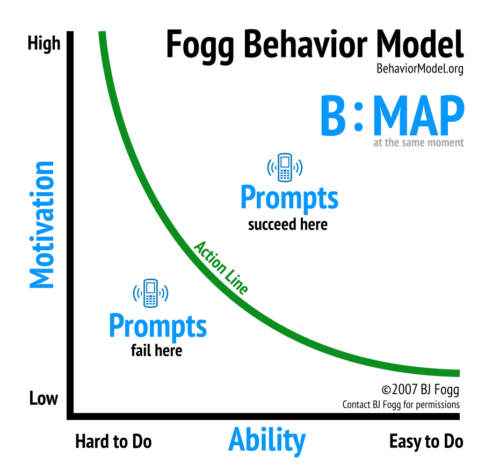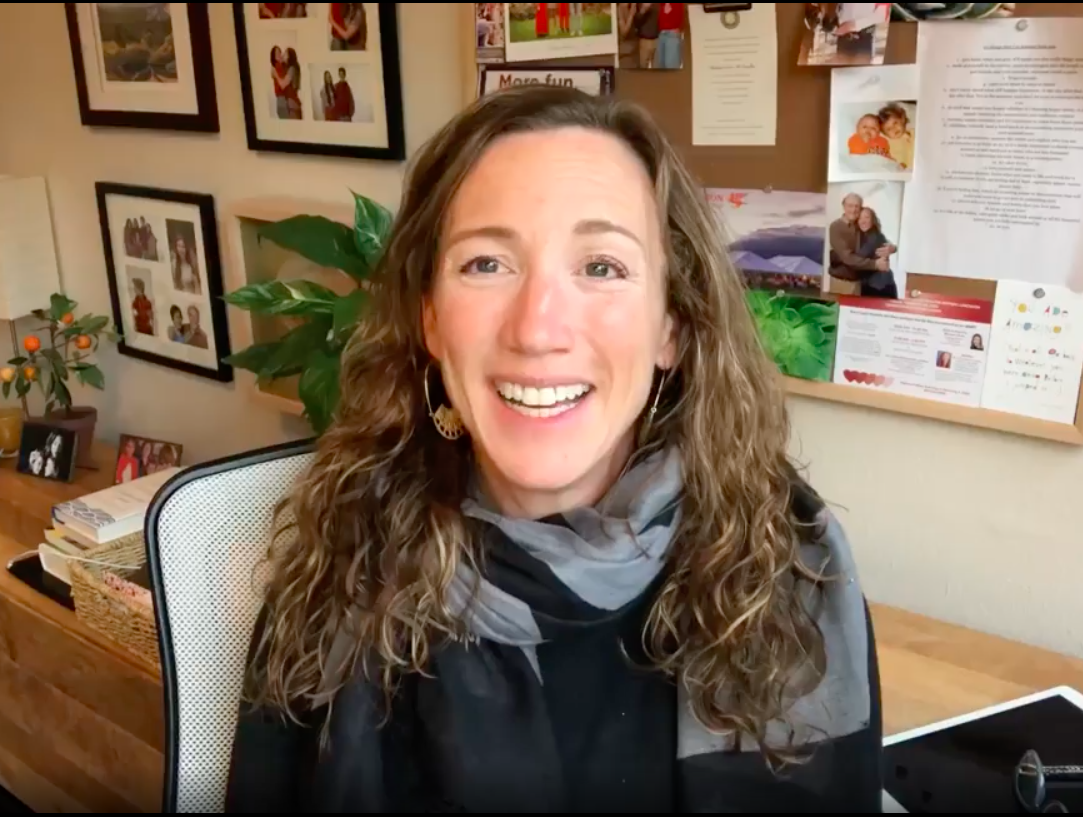Are you following along with our daily routine make-over? (In other words: Are you trying to keep everything from going to hell in a handbasket?)
Most of us are feeling like our routines have all been upended by the school closures and by working at home. But this could be an amazing opportunity to establish new happiness habits, and to extinguish the habits we have that detract from our wellbeing. This is an on-going series about how to do that (in less than 5 minutes a day). I’ll be updating this page (as well as Instagram and Facebook with videos) a few times a week.
Step 1: Make a list
Make a list of all the healthy behaviors that you want to hang on to or create in this “new normal.”
View Video
Step 2: What Would Be Better Than Nothing?
Write down a “Better Than Nothing” routine for each of the habits you’d like to establish or keep. For example, designate a “better-than-nothing” exercise plan. This could be 10 squats, 5 push-ups, and a 30-second plank: something that only takes a minute or two.
Don’t worry: You’ll get to do more. Your “Better Than Nothing” routine isn’t your ultimate goal. But for now, what could you do that is super easy? What can you still do while stressed and overwhelmed? That you can do even when nothing is going as planned?
While you are looking at the list of the habits you’d like to get into or keep, perhaps add some that you’d never have thought of just one week ago. Like “Get Dressed” or “Shower.” ?
Download the Better Than Nothing Worksheet
View Video
Step 3: Decide on a Structure For Your Day
It helps to decide when you’ll do something, and stick to that decision come hell or high water — for example, that you’ll do some exercise in the morning before breakfast, or a meditation when you wake up in the morning. That way, every morning (and afternoon, and evening) isn’t a negotiation between your best self and the one that is exhausted or overwhelmed.
View Video
No Motivation? No Problem!
A lot of the motivating factors that got us out the door in the morning pre-Coronavirus have gone out the window. That’s okay! This is a great time to learn a way to get into a routine without relying on willpower or motivation to do so. “Motivation is unreliable,” writes BJ Fogg, the Stanford habit researcher.

“It’s unreliable with diets, exercise routines, creative projects, filing taxes, opening businesses, searching for jobs, planning conferences — self-improvement of all types.” Fogg now has a GREAT book out that you might like, it’s called TINY HABITS. I highly recommend it!
View Video
Why a “Better Than Nothing” Habit?
Once a habit is hardwired into our brain, it is EASY. It’s on autopilot. We don’t have to WILL ourselves to do it. A “Better Than Nothing” habit is easy to repeat, again and again, until it’s on autopilot. You can do it even if you aren’t motivated, if you’re tired, if you have no time. And THAT’s the golden moment that we can start to expand.
View Video
Can I Do More?
Are you feeling held back by your “Better Than Nothing” habit or routine? Are you itching to do more? Good news: You can! Under this ONE CONDITION. 🙂
Feel SUCCESSFUL!
It’s so important for us to feel successful after we’ve enacted our “Better Than Nothing” habit. Why? Because we hate feeling like a failure. We humans avoid behaviors that make us feel lame.
So remember: You are building a habit here, a new routine that will contribute to your wellbeing. Feel good about that! Doing SOMETHING really is better than doing NOTHING.
When it works best to reward yourself
Want a little treat? GREAT news, friends. There are actually THREE times when it is important to reward ourselves when we are trying to get into a new habit or maintain a routine. (As usual, I refer to BJ Fogg in this little video because I’m obsessed with his new book, Tiny Habits. Go buy the book! It’s great!)
Why You Aren’t Doing that Thing You Meant to Do
There are 3 specific reasons we tend to struggle to re-establish our disrupted routines. Two of the reasons I’ve already addressed; the last reason I talk about in this little video. Post your questions in the comments! (Also, that’s my dog Buster at the end. He’s hungry and restless. Time for a walk!)

